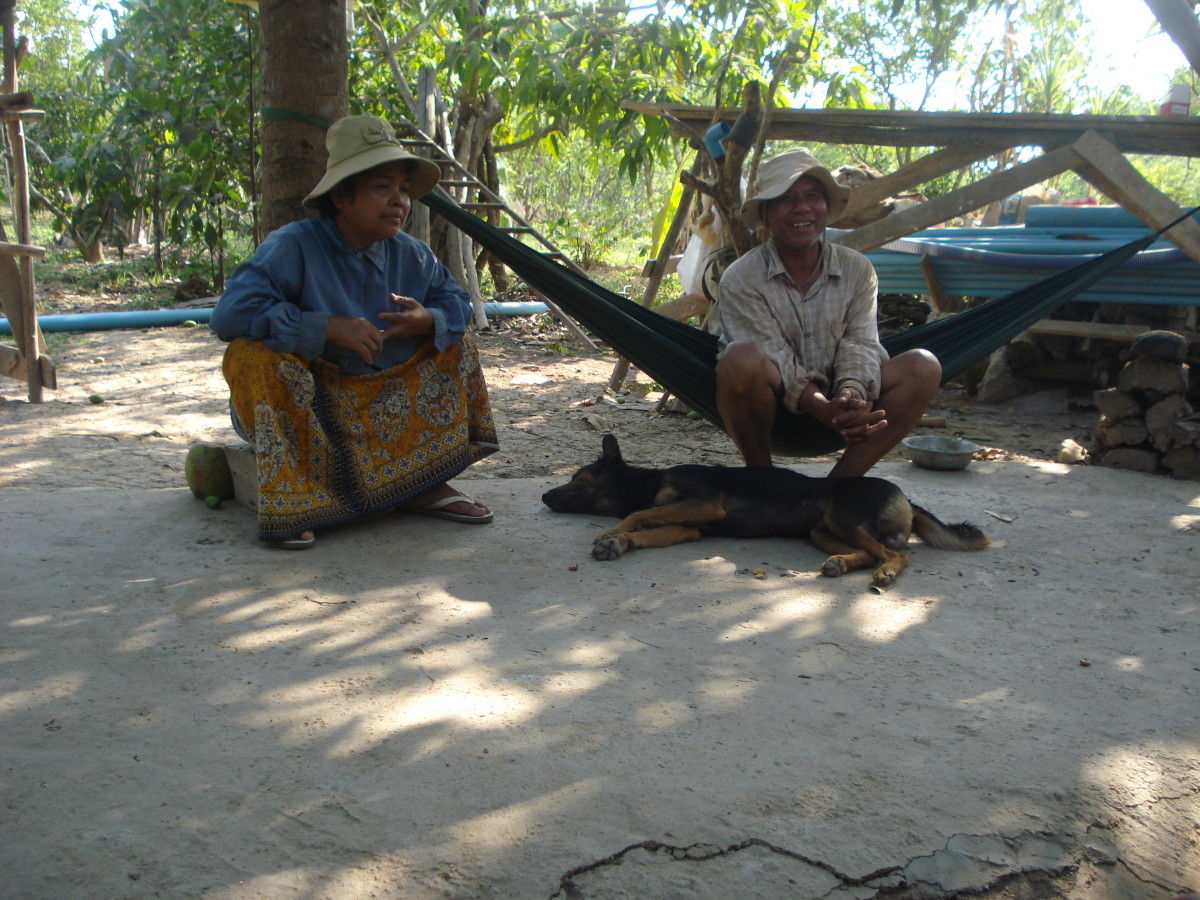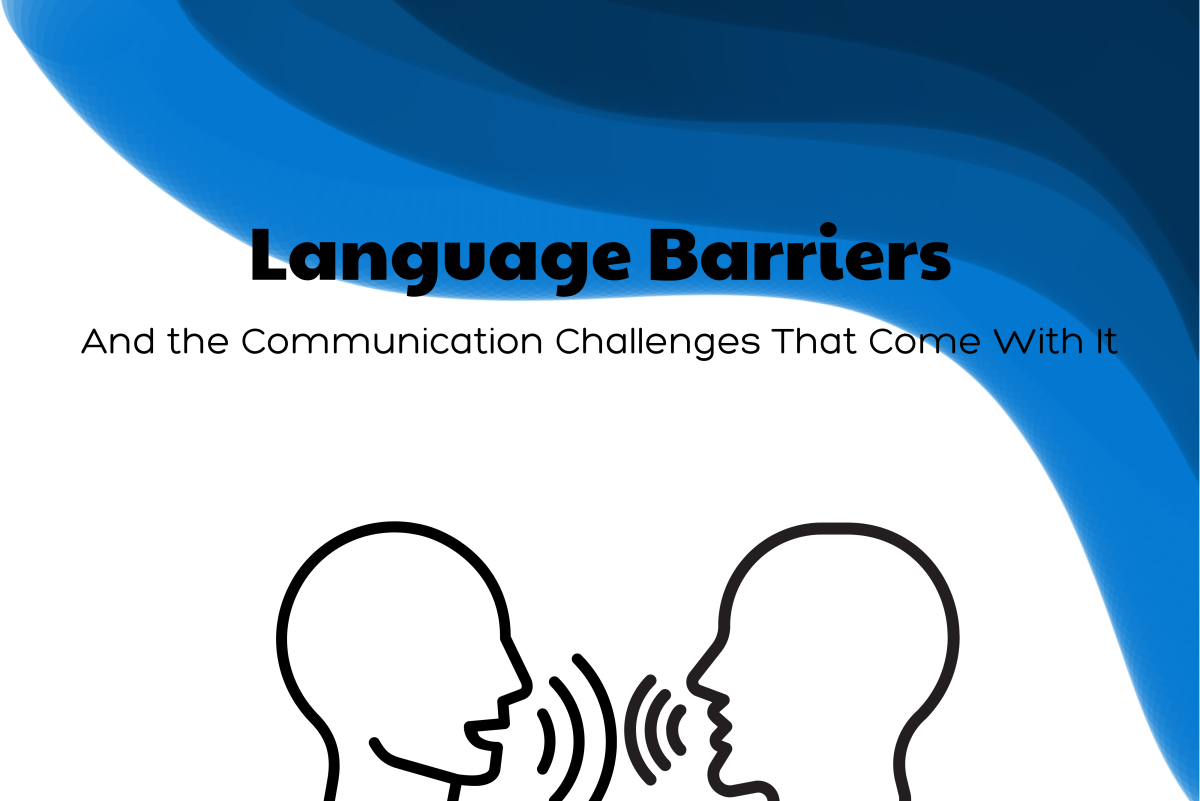The Language Instinct by Steven Pinker: part 1
Recently I bought the book, The Language Instinct by Steven Pinker. I have found it to be very interesting and would like to discuss what I learn as I read it. I am only at the beginning of the book but would like to share what I have read so far. I will write more hubs as I read and learn more.
As we all know, every race in the world has their own language. Language learning has not been passed from people to people or tribe to tribe. There has been no group of people found anywhere in the world that has been mute, however cut off they are from the rest of the world. They may never have seen others outside their own small community but all can speak.
We are all born with the ability to speak. From research, it is believed that this ability is an instinct and not something learned. Pinker says in his book that wherever in the world two people meet, even if they do not speak the same language, within a very short time they soon find a way to understand each other.
Pinker tells us that speech develops spontaneously without effort or instruction, instinctively but not automatically imitating everything we hear. Anyone listening to a small child speak, will note that they do not at first use the grammar they hear the adults use. For instance, a child telling a story that he ran away from someone might say, "I runned away". He did not hear an adult say that, but he instinctively used a past tense even though it was not grammatically correct.
The theory is that we have an inbuilt "Universal grammar" and as children we quickly build up a vocabulary and start to put it into practice.
Another piece of new knowledge I have acquired regards how children may improve on the language of their parents. This takes us back to the time of the slave trade. The book describes how a completely new language was born out of more than one. On the plantations, slaves from different language backgrounds were deliberately mixed. Maybe the idea was that if they did not understand each other they would work and not talk. It is against human nature not to speak. This is when language known as pidgin was developed. They took some words from their owner's language and some from each other's and so they were able to communicate.
Another linguist, Derek Bickerton, found that the children of these speakers of pidgin tranformed the language into a much more complex one. It happened when they were isolated from the parents and influenced by someone speaking pidgin. Instead of imitating, they developed a whole new rich, and grammatical language. The name for this is creole.
There are other instances of creole languages but like the linguists I must also do more research. I am only now taking my first step in this wonderful journey of discovery.
Related hubs
- The new teaching methods
I am taking an introductory teaching course called preparing to teach in the lifelong learning sector. It is for post compulsory education. In other words, 16 years onwards. In my classes I have discovered... - How important is language?
Language has long been an interest of mine. Our language is the most important part of our being. I think it is important to learn other languages besides our own because it helps us to learn about...









